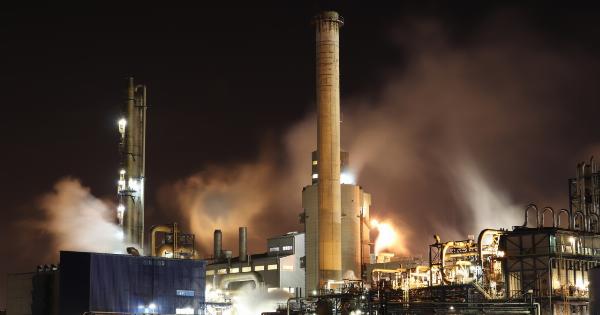The planned Giannakou coal plant in the village of Agios Georgios in Greece has been halted following opposition from local activists and residents.
The project, which was estimated to cost around €1bn, was designed to produce energy primarily for aluminium manufacturer Mytilineos, as well as the national grid.
Why was the plan opposed?
The proposed plant was expected to emit large amounts of air pollution. In addition, the plant would consume 3.3 million cubic meters of water per year, which some residents feared would deplete local water resources.
Some also raised concerns about the environmental impact of coal mining, which would be required to fuel the plant. The Giannakou coal plant was seen by many as a threat to the health and well-being of local people and the surrounding environment.
Local activism and public opposition
The opposition to the Giannakou coal plant was spearheaded by a group of local activists called the “Green Resistance”.
The group started a petition calling for the Greek government to cancel the project, which gathered thousands of signatures. The Green Resistance also organised a series of protests and held meetings with local politicians to voice their concerns.
Other groups and individuals also joined the campaign against the coal plant. Environmental groups such as Greenpeace and WWF expressed their support for the activists and provided technical information to aid their cause.
Celebrities and intellectuals also lent their voice to the campaign, including film director Costa-Gavras and Nobel laureate Yannis Varoufakis.
The government responds
The Greek government initially ignored the opposition to the Giannakou coal plant, arguing that the project was important for national energy security and could create jobs.
However, as public pressure increased, the government began to take notice and reconsider its position.
In 2020, the Ministry of Environment and Energy requested additional information from Mytilineos about the environmental impact of the plant.
The company was given until October 2020 to supply the information and make any necessary changes to their plans. However, Mytilineos failed to meet this deadline, leading to further delays in the project.
In June 2021, the Greek parliament finally decided to cancel the Giannakou coal plant project, citing concerns about the impact on the local environment and public health.
The decision was welcomed by environmental groups and local residents, who saw it as a victory for their activism and a step towards a cleaner and more sustainable future.
Lessons learned
The case of the Giannakou coal plant highlights the importance of local activism and public opposition in influencing government decisions.
The campaign against the plant brought together a diverse range of groups and individuals, all united by a common goal to protect their local environment and the health of their communities. By raising awareness, organising protests and working with politicians, the activists were able to force the government to reconsider its support for the project.
The case also demonstrates the power of technical expertise in supporting local activism.
Environmental groups such as Greenpeace and WWF were able to provide valuable information about the potential impact of the coal plant, which added weight to the arguments of the activists. Engaging with experts and seeking technical advice can be a crucial part of any successful community campaign.
The future of energy in Greece
The cancellation of the Giannakou coal plant is a positive development for the environment and public health in Greece. However, there is still much work to be done to transition the country to a cleaner and more sustainable energy system.
Renewable energy sources such as wind and solar power have enormous potential in Greece, which enjoys an abundance of sun and wind year-round. The government has set a target for renewables to account for 35% of total energy consumption by 2030.
However, this target may not be ambitious enough, and some experts argue that Greece could achieve 100% renewable energy by 2050 if the right policies and investments are made.
Investments in energy efficiency, smart grids, and battery storage could also play a role in transitioning Greece to a cleaner energy future.
If the country can continue down this path, it has the potential to become a leader in sustainable energy in Europe and beyond.
Conclusion
The opposition to the Giannakou coal plant was a testament to the power of public activism and the importance of protecting local communities and the environment.
While the cancellation of the project is a positive step forward, Greece still has much work to do to transition to a cleaner and more sustainable energy system. By supporting investment in renewables, energy efficiency and smart infrastructure, Greece can become a leader in the fight against climate change and build a better future for all its citizens.































